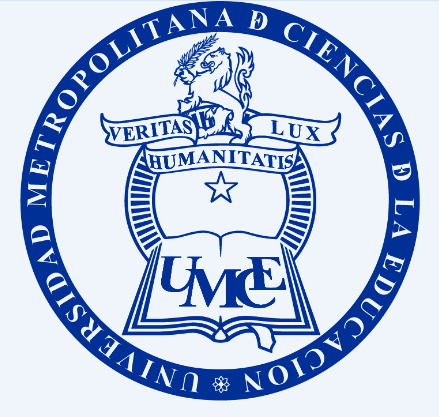Main Article Content
Jun 1, 2023
Abstract
Interactive learning of the Sciences (AIC), is a project of Education of the Sciences, and development of skills scientific, elaborated and implemented for the División of Technologies and ARQUIMED’s Educational Services LTDA.
This initiative was implemented and validated by the Net ENLACES of the MINEDUC during the second semester of 2007. In your versión of Basic Education (5* and 6th grade of primary) it was implemented in 10 schools of Santiago, Rancagua and Calama, with instruments of evaluation elaborated by the IIE (Institute of Educational Computer and Science of the Universidad de la Frontera, in Temuco city). During 2009, been realizing the validation of the model in secondary education (first and second grade) in 10 schools in Calama and Iquique.
The results of the project in his versión of 5th and 6* grade of primary, it was positive impaction the students, teachers, and involved institutions. With percentages of significant achievements in the learnings and the development of skills.
Actuality the project is implemented and develops in schools of Arica, Calama, Iquique, Tocopilla, Santiago, Puente Alto, Lo Prado, Conchali, Colina, Peñalolen, las Condes, Rancagua, Longavi, Lago Raneo, Paillaco and Puerto Montt, so much in public and prívate school.
Across this one model looks that the students impro ve his learnings and develop skills around the education of the Sciences, trying to promote a high motivation for the scientific culture.
Of equal form, it has put on special emphasis in the incorporation of new Technologies to the classroom, in order to facilitate the development of technological competitions, for students and teachers.
To achieve these lenses the project consists of interactive boards, Systems of compilation of information, sensors, digital activities for the accomplishment of the experiences, activities of whiteboard in all the courses of 5th grade of primary to 4th grade of secondary. Way, Systems of response of the student, educational software, cards of record and didactic concrete material to be employed at groups. In addition a methodological offer is contemplated for the use of the resources, based on a structure constructivists of the learning.
References
Crawford, M. (2004). Investigación, Fundamentos y Técnica para Mejorar y el logro de los Estudiantes en Ciencias y Matemáticas. CORD, www.cord.org: 29.
Gardner, H. (1999). La mente no escolarizada. cómo piensan los niños v cómo deberían enseñar las escuelas|. Paidós.
Luhmann, N. (1995). Sociedad y Sistemas, la ambición de la teoría. Editorial Paidós.
Marcelo, C. (1992). Cómo conocen los profesores la materia que enseñan, algunas contribuciones de la investigación sobre el conocimiento didáctico del contenido. Ponencia en Congreso “Las didácticas específicas en la formación del profesorado”, Santiago 6-10 de Julio 1992.
Maturana, H. V., F. (1978). De Máquinas v Seres Vivos. Editorial Universitaria.
Maturana, H. y. D„ X. (2005). Educación desde la matriz biológica de la existencia humana. Encuentro Sentidos de la Educación y la Cultura. Santiago, UNESCO.
Piaget, J. (1977). La Construcción de lo Real en el Niño. Barcelona.
UCE-MINEDUC, E. I. (2003). Chile y el aprendizaje de matemáticas y ciencias según TIMSS, Resumen Ejecutivo. Santiago, Ministerio Educación de Chile: 26.
Vigotsky, L. S. (2003). La imaginación y el arte en la infancia (6a ed.). Ediciones AKAL S.A.




